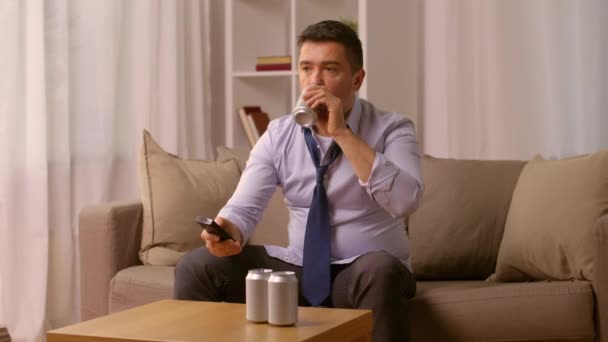Have you come to the realisation that you or a loved one is drinking alcohol more than you should?
Have you become reliant, and don’t know how to begin to control it?
Having a few drinks when we get home from a tiring day is something that we often resort to – to relax, wind down, counter our stress. It doesn’t take long before 1 becomes 3 and you can end up consuming excessive amounts. All of a sudden you may find a dependence on the alcohol to cope has become the norm. You may not see yourself as an alcoholic (“that’s the really bad cases….that’s not me!”). However I can guarantee these individuals didn’t start by drinking two bottles of wine. Rather, they too experienced a slowly developed dependence on alcohol to cope. If this is familiar, what next? How can you learn to reduce your excessive drinking – even if you have tried many times before?
The most commonly treated drug in Australia is alcohol (Australian Institute of Health and Welfare). Slowing down or quitting your alcohol intake cold turkey can be a real challenge, especially if you’ve been relying on this for comfort and as a stress relief for some time. It’s quite common to have made several attempts to reduce your intake, but failed and resorted to old habits again.
Despite the readily available access to support for alcohol intake in Australia, relapse rates are quite high. Alcohol is deeply imbedded in our culture; we drink to relax after a hard day’s work, we drink to celebrate a special occasion; we drink to have a great time with friends; or we drink to help us deal with life’s stressors. Whilst many can enjoy a drink or two and stop; for some, it’s so easy for drinking to take over our lives; developing problematic drinking habits or becoming reliant on it. You may have noticed “urges” or “cravings” for a drink, worrying about when the next drink may be, feeling sick when you don’t get to drink, and needing to consume more and more to have that ‘drunk feeling’. These are signs that indicate you may have developed a reliance on alcohol.
You may have also noticed the negative impacts to your health and daily living since this reliance has taken over.
Whilst quitting or controlling your intake can be tricky at first, it’s not impossible!
- Think about the reasons why you drink too much, e.g. do you rely alcohol to relax? Do you simply enjoy a good drinking session with friends?
- Consider the story or theory you have around alcohol and drinking in general. i.e. A gathering is boring if there is no alcohol.
- Involve a trusted family member or friend in the steps you’re wanting to take to control your drinking. It’s important to have a supportive person that you can speak openly with and help keep you on track.
- Think about what positive changes would occur in your own life and for those around you when do control your drinking. This will fuel your motivation to keep you going, particularly when you go through certain tough days.
- Find an activity to occupy your typical “drinking times”, e.g. If you normally start drinking in the afternoon, try to find another activity to keep you busy during this time instead.
- Learn to say “no” when someone offers you a drink. It’s hard the first time but it gets easier after each time you say no. If you feel up for it, tell them the reason why, or think of an excuse beforehand so you don’t have to be left speechless on the spot when your friend asks “why don’t you want a drink?”
- Be patient and kind to yourself. This reliance didn’t creep up overnight, so don’t expect to completely kick your drinking habits immediately as well. It takes time and persistence.
- Speak to your local GP to discuss treatment options to assist you to move forward.
There can be many reasons why you have found it so hard to kick your drinking habits, and if using alcohol to cope with life problems such as work stress, relationship difficulties, depression, anxiety, difficulty sleeping or just not wanting to feel “unwanted” emotions, then it’s important that you seek professional support to help you through this time in your life. Whether you want to stop drinking completely or control the amount you drink, support is available to help you achieve your goals and sustain these goals over time.
WRITTEN BY MR GARY WONG – PSYCHOLOGIST – WWW.CREATINGCHANGE.NET.AU


